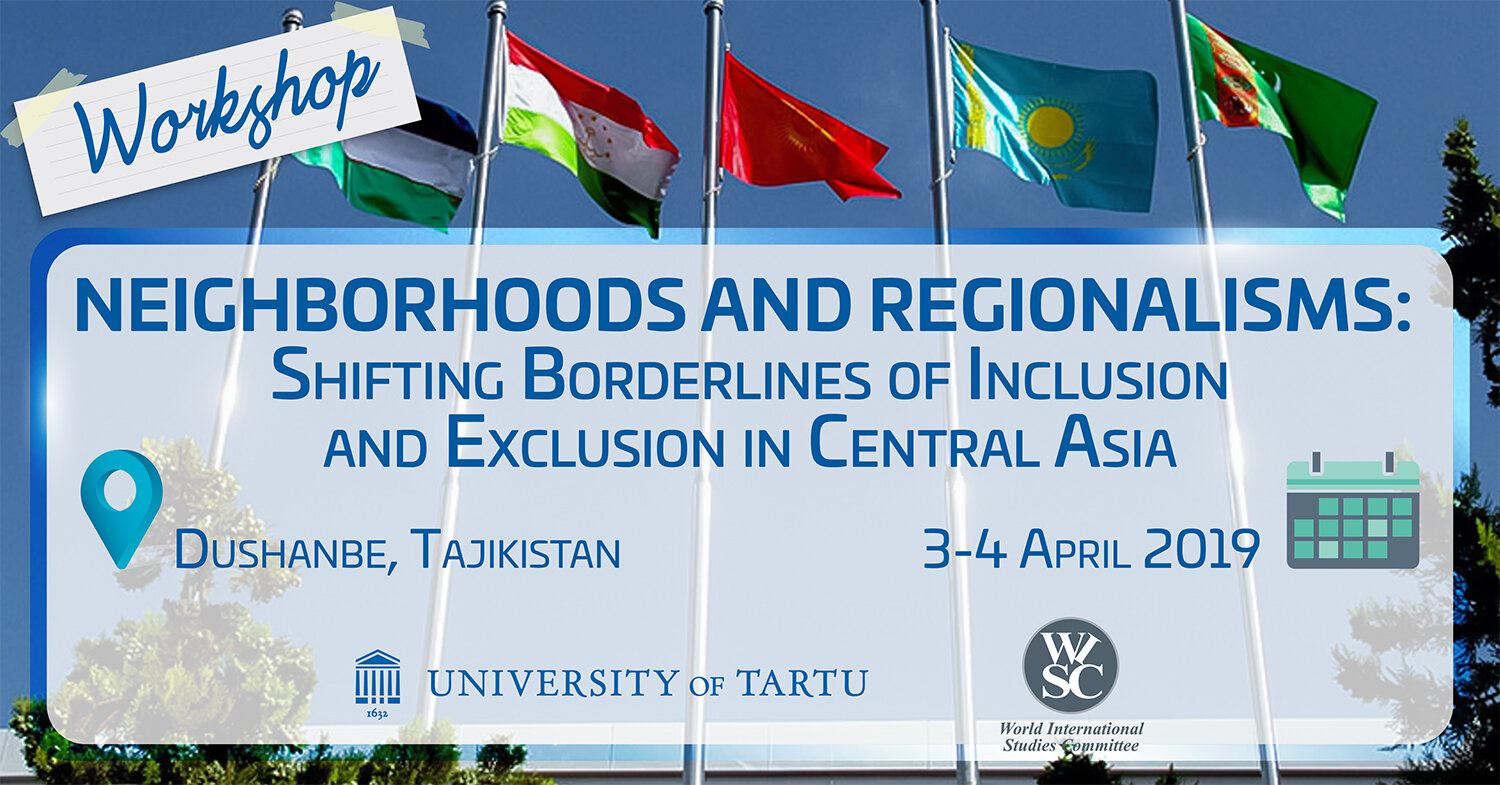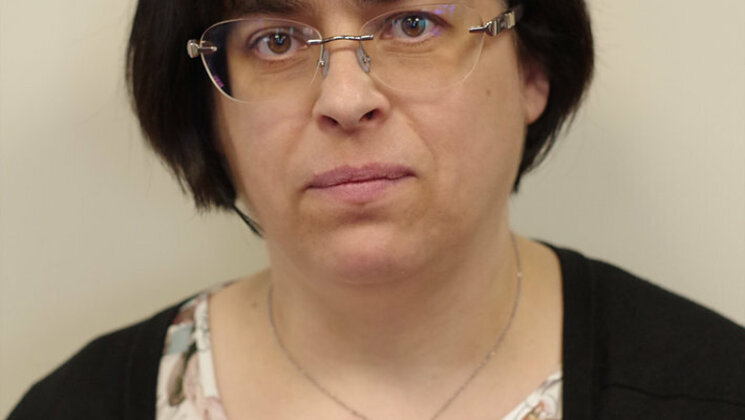-
Faculty of Arts and HumanitiesJakobi 2, r 116-121 51005 Tartu linn, Tartu linn, Tartumaa ESTJakobi 2 51005 Tartu linn, Tartu linn, Tartumaa ESTJakobi 2, IV korrus 51005 Tartu linn, Tartu linn, Tartumaa ESTJakobi 2, III korrus, ruumid 302-337 51005 Tartu linn, Tartu linn, Tartumaa ESTÜlikooli 16 51003 Tartu linn, Tartu linn, Tartumaa ESTLossi 3 51003 Tartu linn, Tartu linn, Tartumaa ESTÜlikooli 18 50090 Tartu linn, Tartu linn, Tartumaa ESTPosti 1 71004 Viljandi linn, Viljandimaa ESTJakobi 2 51005 Tartu linn, Tartu linn, Tartumaa ESTJakobi 2 51005 Tartu linn, Tartu linn, Tartumaa ESTFaculty of Social SciencesLossi 36 51003 Tartu linn, Tartu linn, Tartumaa ESTJakobi 5 51005 Tartu linn, Tartu linn, Tartumaa ESTLossi 36, ruum 301 51003 Tartu linn, Tartu linn, Tartumaa ESTNarva mnt 18 51009 Tartu linn, Tartu linn, Tartumaa ESTNäituse 2 50409 Tartu linn, Tartu linn, Tartumaa ESTNäituse 20 - 324 50409 Tartu linn, Tartu linn, Tartumaa ESTLossi 36 51003 Tartu linn, Tartu linn, Tartumaa ESTRaekoja plats 2 20307 Narva linn, Ida-Virumaa ESTRingi 35 80012 Pärnu linn, Pärnu linn, Pärnumaa ESTLossi 36 51003 Tartu linn, Tartu linn, Tartumaa ESTLossi 36 51003 Tartu linn, Tartu linn, Tartumaa ESTFaculty of MedicineRavila 19 50411 Tartu linn, Tartu linn, Tartumaa ESTBiomeedikum, Ravila 19 50411 Tartu linn, Tartu linn, Tartumaa ESTNooruse 1 50411 Tartu linn, Tartu linn, Tartumaa ESTL. Puusepa 1a 50406 Tartu linn, Tartu linn, Tartumaa ESTL. Puusepa 8 50406 Tartu linn, Tartu linn, Tartumaa ESTRavila 19 50411 Tartu linn, Tartu linn, Tartumaa ESTUjula 4 51008 Tartu linn, Tartu linn, Tartumaa ESTRavila 50411 Tartu linn, Tartu linn, Tartumaa ESTRavila 19 50411 Tartu linn, Tartu linn, Tartumaa ESTFaculty of Science and TechnologyVanemuise 46 - 208 51003 Tartu linn, Tartu linn, Tartumaa ESTNarva mnt 18 51009 Tartu linn, Tartu linn, Tartumaa ESTRiia 23b/2 51010 Tartu linn, Tartu linn, Tartumaa ESTRavila 14a 50411 Tartu linn, Tartu linn, Tartumaa ESTNarva mnt 18 51009 Tartu linn, Tartu linn, Tartumaa ESTRiia 23, 23b - 134 51010 Tartu linn, Tartu linn, Tartumaa ESTObservatooriumi 1 61602 Tõravere alevik, Nõo vald, Tartumaa ESTNooruse 1 50411 Tartu linn, Tartu linn, Tartumaa ESTJ. Liivi tn 2 50409 Tartu linn, Tartu linn, Tartumaa ESTVanemuise 46 51003 Tartu linn, Tartu linn, Tartumaa ESTVanemuise 46 51003 Tartu linn, Tartu linn, Tartumaa ESTArea of Academic SecretaryLossi 3 51003 Tartu linn, Tartu linn, Tartumaa ESTUppsala 6, Lossi 36 51003 Tartu linn, Tartu linn, Tartumaa ESTArea of Head of FinanceÜlikooli 17 51005 Tartu linn, Tartu linn, Tartumaa ESTArea of Director of AdministrationÜlikooli 18A (III korrus) 51005 Tartu linn, Tartu linn, Tartumaa ESTÜlikooli 18, ruumid 102, 104, 209, 210 50090 Tartu linn, Tartu linn, Tartumaa ESTArea of Vice Rector for Academic AffairsUppsala 10 51003 Tartu linn, Tartu linn, Tartumaa ESTÜlikooli 18b 51005 Tartu linn, Tartu linn, Tartumaa ESTArea of Vice Rector for ResearchW. Struve 1 50091 Tartu linn, Tartu linn, Tartumaa ESTArea of Vice Rector for DevelopmentNarva mnt 18 51009 Tartu linn, Tartu linn, Tartumaa ESTVanemuise 46 51003 Tartu linn, Tartu linn, Tartumaa ESTLossi 25 51003 Tartu linn, Tartu linn, Tartumaa ESTArea of Rector
Retrospect: Neighborhoods and Regionalisms: Shifting Borderlines of Inclusion and Exclusion in Central Asia
On April 3-4, 2019 the Johan Skytte Institute of Political Science in cooperation with the World International Studies Committee (WISC) convened a workshop “Neighborhoods and Regionalisms: Shifting Borderlines of Inclusion and Exclusion in Central Asia” in Dushanbe, Tajikistan. The workshop aimed at analyzing the current dynamics of different types and forms of regionalism unfolding in Central Asia where local actors’ policies intersect with interests of major non-Western power holders – China, Russia, Turkey, and Iran. Discussion at the workshop embraced a rich legacy of studies in region-making that became one of the buzz words after the end of the Cold War, with the EU being widely considered as a pioneer and a locomotive of regional integration in those spaces where EU-centered normative order could be projected. In the meantime, speakers approached Central Asian regionalism as a phenomenon of their own, capable of fostering political changes beyond the West, and in particular in the “global South”.
Since the workshop’s agenda was explicitly multi-disciplinary, the organizers brought together a team of contributors coming from various academic backgrounds – comparative politics, foreign policy analysis, international law, area studies and sociology. This combination of variegated approaches was instrumental in uncovering different dimensions of regionalism and spatiality in Central Asia and beyond, and thus gave a multidimensional vista to all workshop participants.
Participants:
Dr. Filippo Costa Buranelli, University of St Andrews, UK: “International Society and Central Asia – The Brotherly Republics?”
Dr. Diana T. Kudaibergenova, University of Cambridge, UK: “Routes, Connections and Hubs in the Inter-Asian Context”
Thomas Linsenmaier, University of Tartu, Estonia: "Russia's Revolt against the West: the Central Asian Dimension"
Dr. Andrey Makarychev, University of Tartu, Estonia: “Central Asia: between the post-Soviet and the post-colonial”
Tran Viet Dung, Professor, Ho Chi Minh City University, Vietnam: “Development of ASEAN Economic Community: Experiences for the Central Asia’s regional cooperation”
Dr. Gulnara Dadabayeva, KIMEP University, Kazakhstan: “Eurasian Union: Is It an Attempt to Restore a Soviet Union?”
Dr. Karolina Kluczewska, University of Paris 13, France: “Development aid in Tajikistan 1991-2018 and local perceptions of regional organisations”
Dr. Volkap Ipek, Yeditepe University, Turkey: “Kazakhstan’s foreign policy towards Sub-Saharan African states”
Read more similar news







